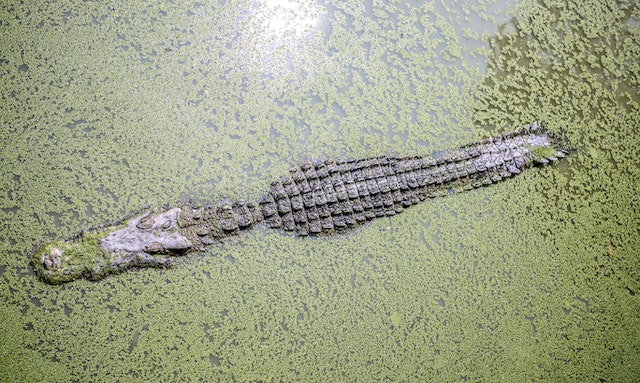The discovery of a female crocodile laying eggs without a male partner is indeed fascinating and would be considered a significant scientific finding. This phenomenon is known as parthenogenesis, which is the development of embryos from unfertilized eggs. Parthenogenesis has been observed in various animal species, including reptiles like lizards and snakes. However, as of
The discovery of a female crocodile laying eggs without a male partner is indeed fascinating and would be considered a significant scientific finding. This phenomenon is known as parthenogenesis, which is the development of embryos from unfertilized eggs.
Parthenogenesis has been observed in various animal species, including reptiles like lizards and snakes. However, as of my knowledge cutoff in September 2021, there have been no confirmed reports of parthenogenesis occurring in crocodiles.
If such a discovery were to be substantiated through scientific research and documentation, it would have several implications. Firstly, it would challenge our understanding of crocodile reproduction and the requirement for fertilization by a male. Secondly, it would demonstrate the potential for female crocodiles to reproduce and propagate their genetic material without the need for a male partner.
Parthenogenesis is a fascinating reproductive strategy that can occur in response to specific environmental conditions or as a result of genetic abnormalities. It allows for the production of offspring without the genetic recombination that occurs during sexual reproduction. However, it is important to note that offspring produced through parthenogenesis may have reduced genetic diversity and face potential challenges in adapting to changing environments.
Further research, including genetic analysis and controlled breeding experiments, would be necessary to confirm and study the implications of parthenogenesis in crocodiles. Scientific discoveries like this contribute to our understanding of reproductive biology, evolutionary strategies, and the diversity of life on Earth.

















Leave a Comment
Your email address will not be published. Required fields are marked with *